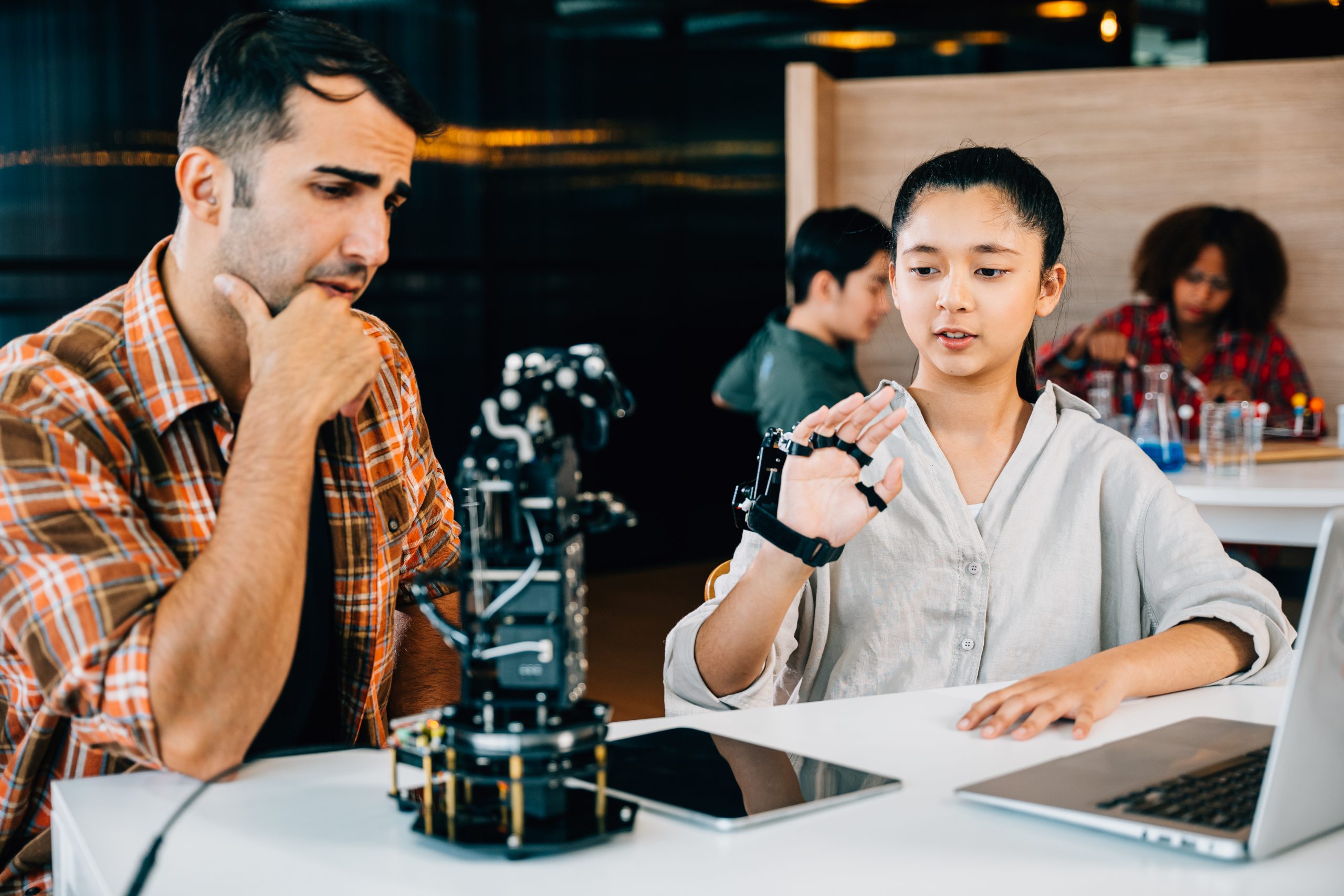The intersection of academic research and intellectual property (IP) rights has long been a subject of legal and ethical debate. Universities are hubs of innovation, producing groundbreaking inventions in fields such as medicine, technology, engineering, and artificial intelligence. However, determining who owns these inventions—the university or the researcher—is often a complex legal issue.
This article explores the rights of university employees regarding their inventions, shedding light on key legal frameworks, university policies, and best practices to protect intellectual property.
Understanding Intellectual Property Rights in Universities
What Constitutes an Invention?
An invention can include a broad range of intellectual property, such as:
- Patents: Novel devices, methods, or processes.
- Copyrighted Works: Software, written research, and creative works.
- Trade Secrets: Proprietary knowledge or confidential methodologies.
- Trademarks: Unique symbols, names, or branding elements linked to a discovery.
University researchers often produce valuable IP, but determining ownership depends on employment agreements, institutional policies, and relevant national laws.
Who Owns University Inventions?
The Bayh-Dole Act (U.S. Perspective)
In the United States, the Bayh-Dole Act of 1980 significantly influenced university research ownership. It allows universities to retain rights to inventions developed using federally funded research, while granting inventors a share of the profits.
Key Provisions:
- Universities must disclose inventions developed under federal funding.
- They have the right to elect to retain ownership but must commercialize the invention.
- Inventors receive a portion of royalties generated by licensing the invention.
- The federal government retains march-in rights to ensure public benefit.
This legislation catalyzed university-driven innovation but also led to policies favoring institutional ownership.
Institutional IP Policies: A Global Overview
Most universities worldwide implement policies that determine whether inventions belong to the institution or the researcher. These policies typically fall under three categories:
- University-Owned Model: The institution retains full rights, often giving the researcher a share of licensing revenue.
- Inventor-Owned Model: The researcher holds full rights unless the university opts to claim a stake.
- Hybrid Model: Universities own federally funded inventions, while self-funded research may belong to the inventor.
Some notable variations by country include:
- United Kingdom: The university usually owns inventions but offers generous revenue-sharing agreements.
- Canada: Policies vary by institution, with some favoring researcher ownership.
- Germany & France: Universities generally hold the rights, though researchers can negotiate significant shares.
- Japan & China: Government regulations ensure that universities maintain control over inventions developed with public funding.
Employment Contracts and Invention Agreements
What University Researchers Need to Know
A researcher’s rights over their inventions often depend on the employment contract and intellectual property agreement they sign with the institution. These agreements define:
- Scope of work: If an invention is created within employment duties, the university likely owns it.
- Use of university resources: Inventions developed using university facilities, funding, or personnel typically belong to the institution.
- Revenue-sharing models: Many universities provide inventors with a percentage of commercialized profits.
- Rights to publish findings: While researchers are encouraged to publish, some institutions may impose temporary restrictions to protect patent opportunities.
Negotiating Fair Terms
While many researchers accept standard agreements, negotiating IP terms is crucial. Consider:
- Clarifying IP ownership in contracts.
- Ensuring fair revenue-sharing percentages.
- Retaining rights to future independent research.
- Seeking legal counsel before signing an agreement.
Commercializing University Inventions
Technology Transfer Offices (TTOs)
Most universities operate a Technology Transfer Office (TTO) to manage patenting, licensing, and commercialization. A TTO’s role includes:
- Assessing invention disclosures.
- Filing for patents and securing protection.
- Seeking commercial partners for licensing or startup ventures.
- Ensuring compliance with legal and funding requirements.
Licensing and Spin-Off Companies
Inventors can commercialize their work through:
- Licensing Agreements: Universities license patents to external companies in exchange for royalties.
- Startup Creation: Many researchers launch spin-off companies to bring their innovations to market, sometimes negotiating partial ownership with the university.
- Joint Ventures: Collaboration with private industry allows researchers to share in profits while benefiting from corporate resources.
Understanding the terms of commercialization agreements ensures that inventors receive fair compensation for their contributions.
Disputes and Legal Challenges
Common IP Disputes
- Ownership conflicts: Disagreements over whether an invention falls under university or personal research.
- Revenue-sharing disputes: Conflicts over how licensing profits are distributed.
- Patent rights battles: When multiple researchers or institutions claim inventorship.
- Breach of contract claims: When an institution fails to honor agreed terms.
Resolving Disputes
- Internal university mediation: Many universities have formal dispute resolution mechanisms.
- Litigation: When mediation fails, legal action may be necessary.
- Alternative Dispute Resolution (ADR): Arbitration or negotiation can prevent costly legal battles.
Best Practices for University Researchers
Protecting Your Rights as an Inventor
- Read your employment contract carefully.
- Disclose inventions properly to secure ownership rights.
- Consult legal professionals before signing IP agreements.
- Negotiate fair revenue-sharing terms.
- Understand the commercialization pathway for your invention.
Collaborating With Industry
When working with external partners, ensure:
- Clear IP ownership agreements are in place.
- Confidentiality agreements protect sensitive research.
- Licensing deals are fair and transparent.
University employees play a vital role in advancing innovation, but understanding their rights over inventions is crucial. While many universities claim ownership over faculty-generated IP, researchers can protect their interests through careful contract negotiations, awareness of institutional policies, and strategic commercialization efforts.
By staying informed and proactive, university inventors can ensure that their work leads to both academic recognition and financial benefit, fostering a thriving environment for innovation.
References:
- Bayh-Dole Act of 1980, U.S. Patent and Trademark Office.
- UK Intellectual Property Office – University IP Policies.
- WIPO Guidelines on University Intellectual Property Management.
- Various university technology transfer office policies and reports.
